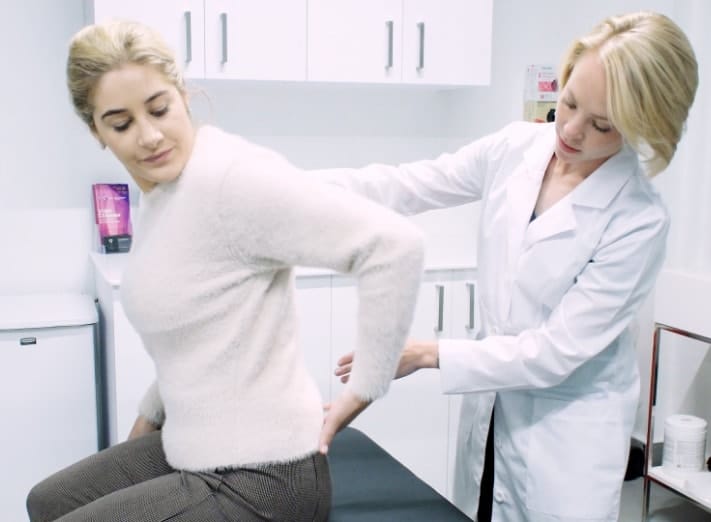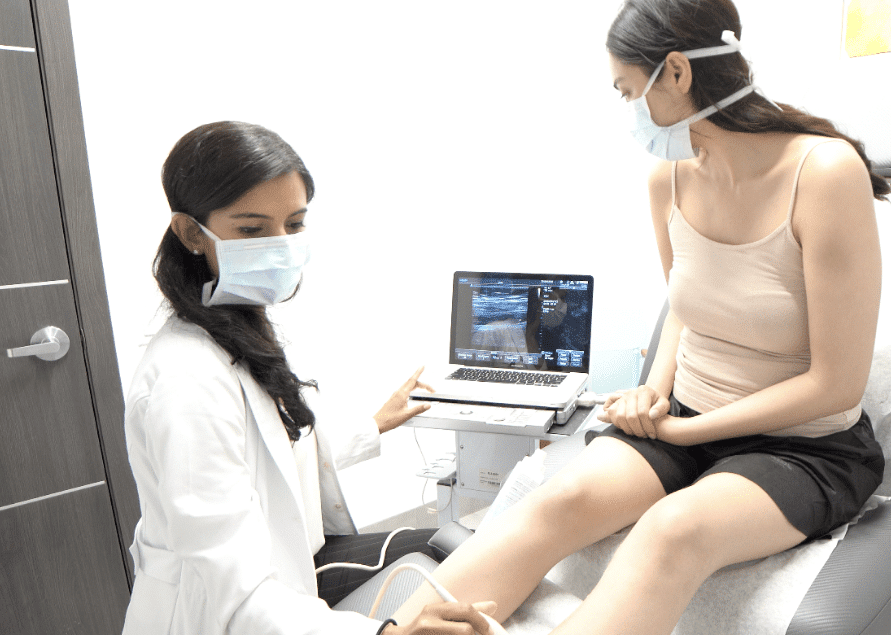5 effective ways of chronic back pain treatment without surgery
5 effective ways of chronic back pain treatment without surgery
Blog Article
Chronic or long-term back pain makes it difficult for doctors to manage back pain that is chronic or persistent. However, surgery is not always necessary. Other treatments, such as home remedies, alternative medicine, and lifestyle changes, can improve health. A person may try these options before deciding on surgery treatment.
This article, there are alternative treatments for chronic back pain, offers tips for preventing it before it starts and explains when to talk about your surgery with back pain specialists Woodland Park.
Nonsurgical treatment of back pain
Mindfulness and Meditation:
Both physically and psychologically, chronic back pain can be exhausting. To manage the frustration, irritability, depression, and other psychological aspects of dealing with chronic pain, you may get referred to a back pain specialists nj, psychologist. This specialist may recommend meditation, yoga, tai chi, and other cognitive and relaxation strategies to boost your conscious control over your nervous system and its response to activity.

Diet Change:
Some diets, particularly those heavy in processed foods, trans fats, and refined sugars, are incredibly inflammatory. Consult with your back doctor New Jersey to see if your diet could be contributing to your chronic back pain and how you could change it. Maintaining a healthy weight could also help lessen back pain by reducing pressure on your spine, eating balanced foods, and developing eating habits that support your health goals.
Lifestyle Modifications:
Before you ever contemplate pills or operations, there are many strategies to modify and adjust your behavior and activities that can greatly reduce chronic back pain.
Listen to your body and learn to pace yourself always. Take breaks when you're doing strenuous work, and take multiple rounds or ask for help when lifting heavy or multiple items, such as groceries. Pay attention to activities that aggravate your pain and avoid them, if possible, while doing activities you find comfortable and enjoyable. This will not only help your back feel better, but it can also prevent the underlying condition from worsening.
Reducing bad habits like smoking, which has been shown to exacerbate pain and impede healing, is also crucial. Before making another lifestyle adjustment, concentrate on one reasonable objective that you can do with ease and on a regular basis.
Physical Therapy and Home Exercise Program
Exercise is the basis of chronic back pain treatment. It is one of the first treatments you should try under the guidance of your doctor and spinal physiotherapist. However, not everyone responds well to the same set of activities. Activities should be customized to your unique symptoms, health, and degree of comfort. Maintaining your exercise routine regularly at home is even more important than the work you do during physical therapy.
Physical therapy for chronic back pain may include:
● Core strengthening
● Stretching and flexibility exercises
● Retraining posture
● Testing the limits of pain tolerance
● Aerobic exercises at a comfortable pace
"Physical therapists can help you recover from an injury or manage a long-term condition," A physical therapist will design an exercise routine based on your specific condition and teach you appropriate exercises.

Alternative Treatments
Acupuncture, massage, biofeedback therapy, laser therapy, electrical nerve stimulation, and other nonsurgical spine treatments can help with chronic back pain. All things considered, the potential benefits of these strategies much outweigh any potential risks, making them worth looking into. Consult with a back specialist about any possible complementary treatments.
When should you choose for surgical treatment?
The decision to consider back surgery should always be made only after trying nonsurgical or "conservative" options. However, when pain is persistent and clearly related to a mechanical problem in the spine, you may want to talk to your doctor about surgery.
The following are all good reasons to start this conversation:
● These are all nonsurgical alternatives that don't seem to be working. You have neurological symptoms, such as weakness or numbness in one of your extremities.
● One or both of your arms or legs hurt.
● Your bladder or bowel function is affected.
● Your lower body feels numb or incredibly weak.
● You're having trouble using your hands or walking.
Conclusion
Surgery can be quite successful in treating some disorders; "Your providers can help you get surgical opinions and help you make an informed decision about how to move forward."
Consider consulting with a back pain center in NJ and there are more than one surgeon so you can make the most informed decision about your options. Report this page